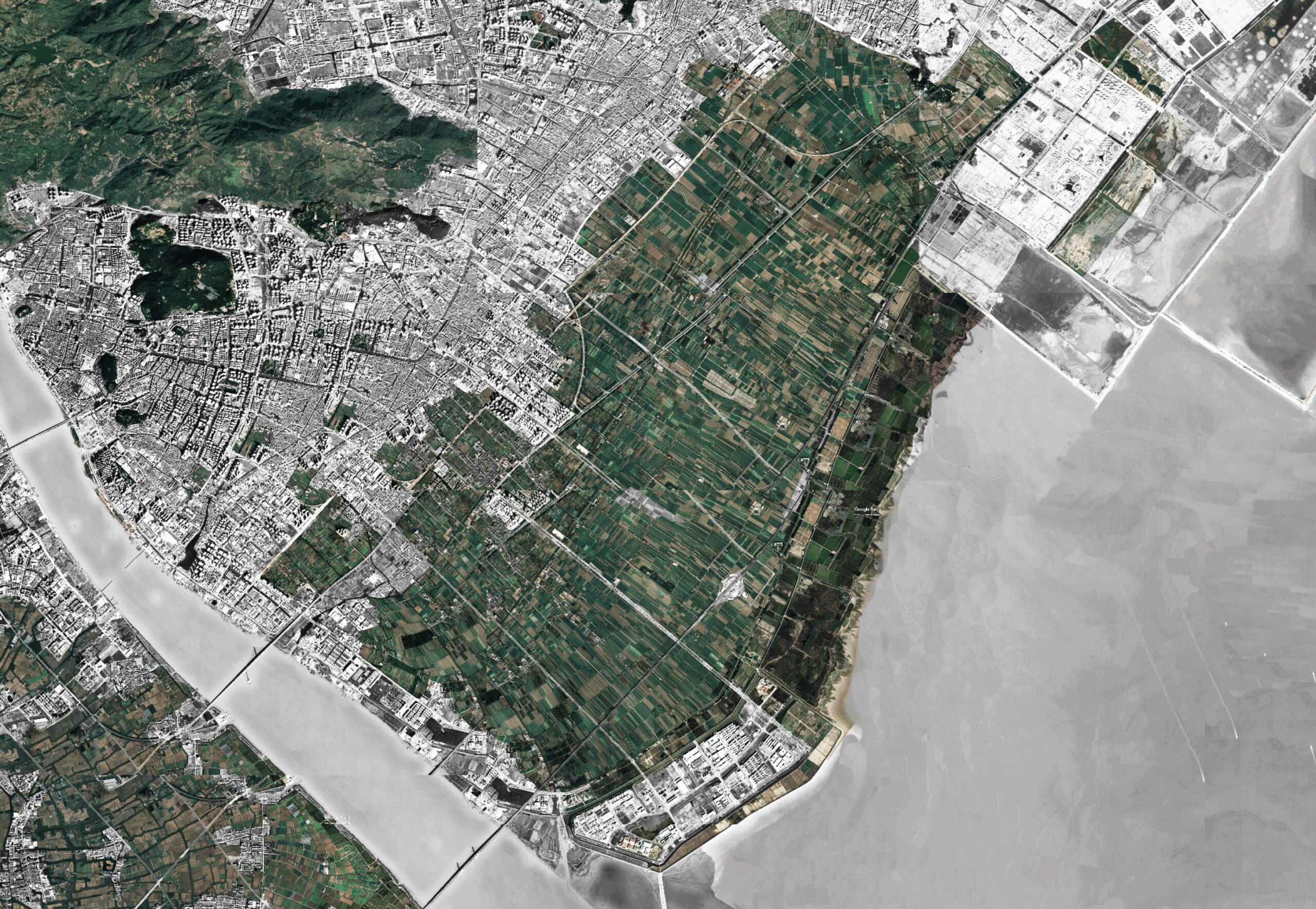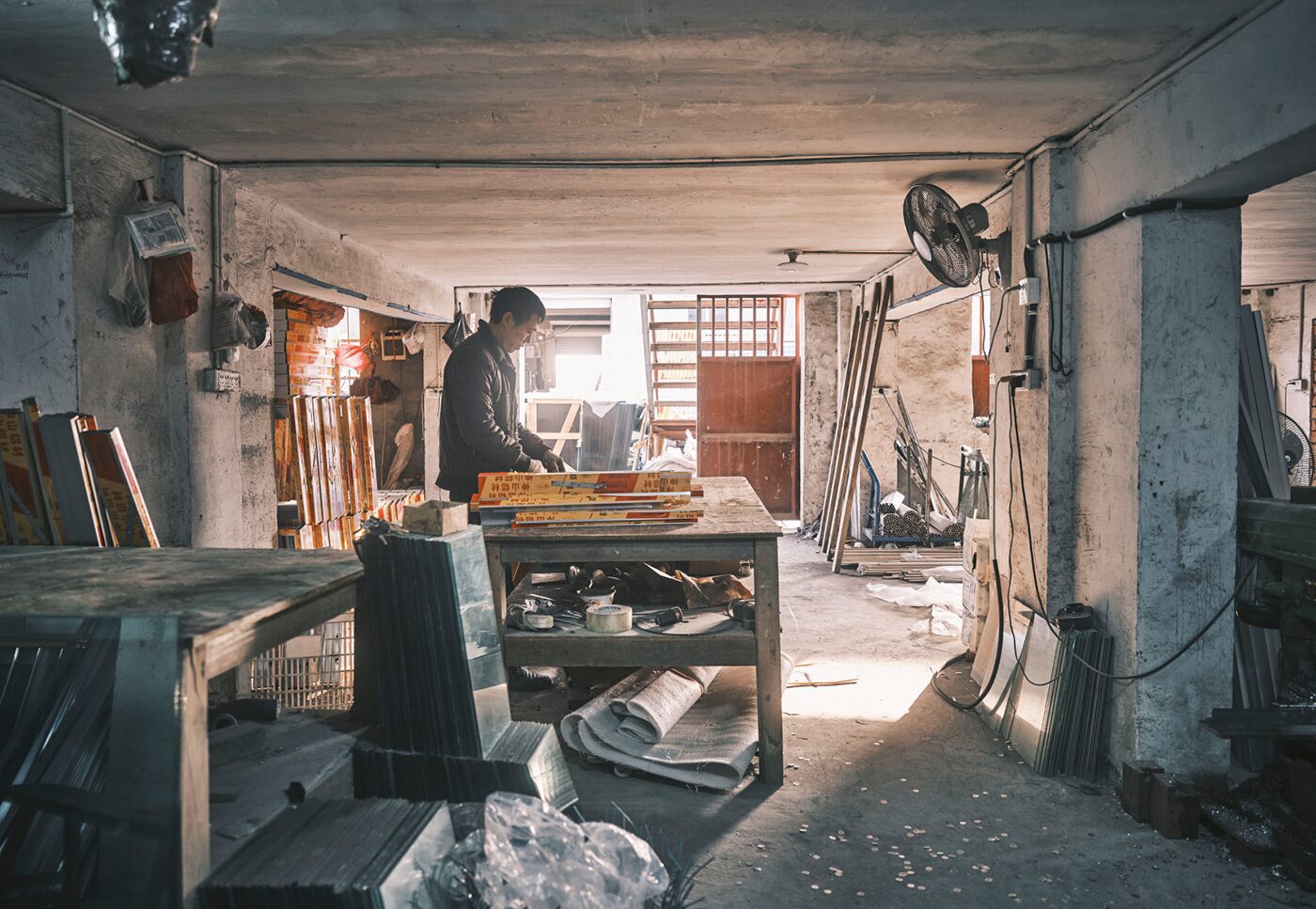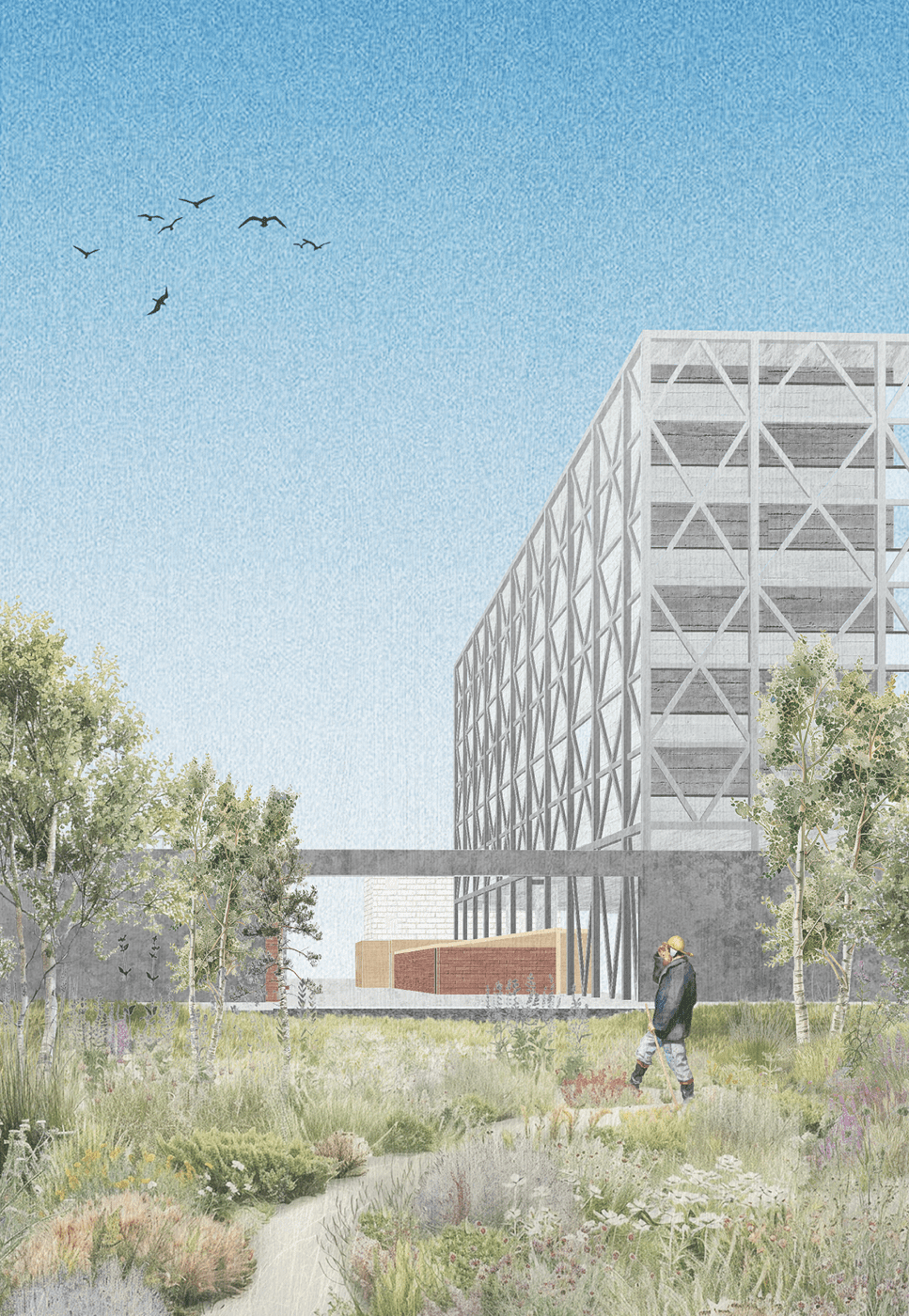Project implementation: China
Project development: China
“A revolution that does not produce a new space has not realized its full potential.” — Henri Lefebvre
The 21st century has revealed the structural limits of growth-driven urbanization. Industrial expansion and continued development have brought environmental degradation, housing shortages, and growing inequality. These challenges are systemic, not temporary.
Future Urban Landscapes is a design studio examining these conditions through the lens of the peri-urban region of Wenzhou, China. The findings highlight how these territories—where factories, warehouses, dormitories, and informal housing intersect—are simultaneously highly productive and socially segregated from the local environment. Migrant workers, part of China's Floating Population of 380 million, sustain industry but remain excluded from various forms of formal housing, services, and civic life, as mediated by the Hukou system.
Work is central to this condition. It structures both the local economy and the multiple communities that care for these landscapes. The periphery makes this fissure visible, between migrant and local, rural and urban citizen, where overcrowded housing and precarious infrastructure coexist within a vital economic activity.
As migration continues to intensify in these regions in the coming decades, these peripheries of arrival will only grow in importance. This exhibition invites a reconsideration of their role—not as neglected zones of production, but as potential hubs in their own right. Places that can be designed for inclusion, resilience, and new forms of collective life in China's urban future.




